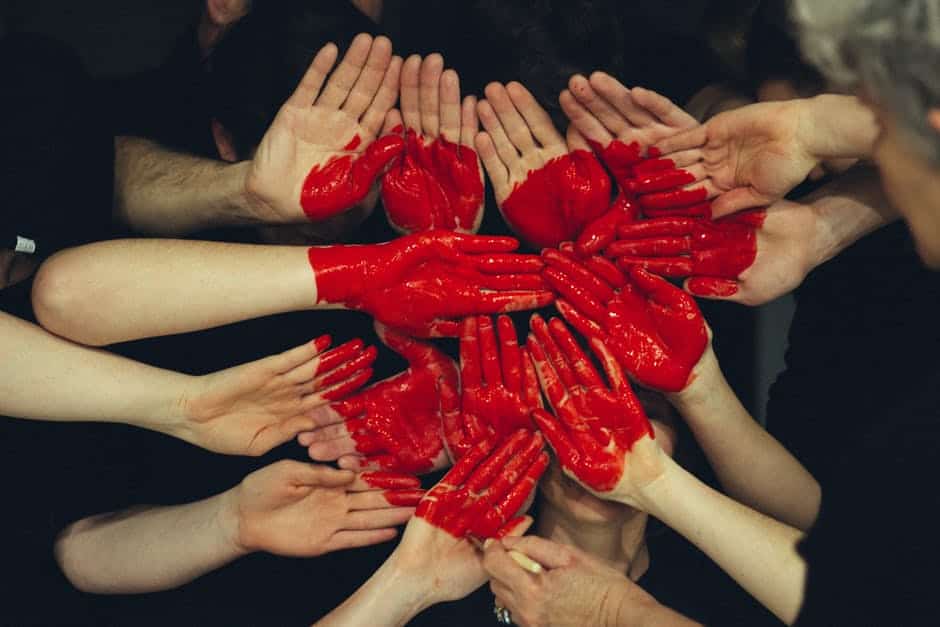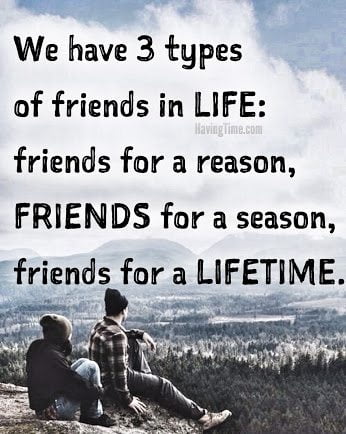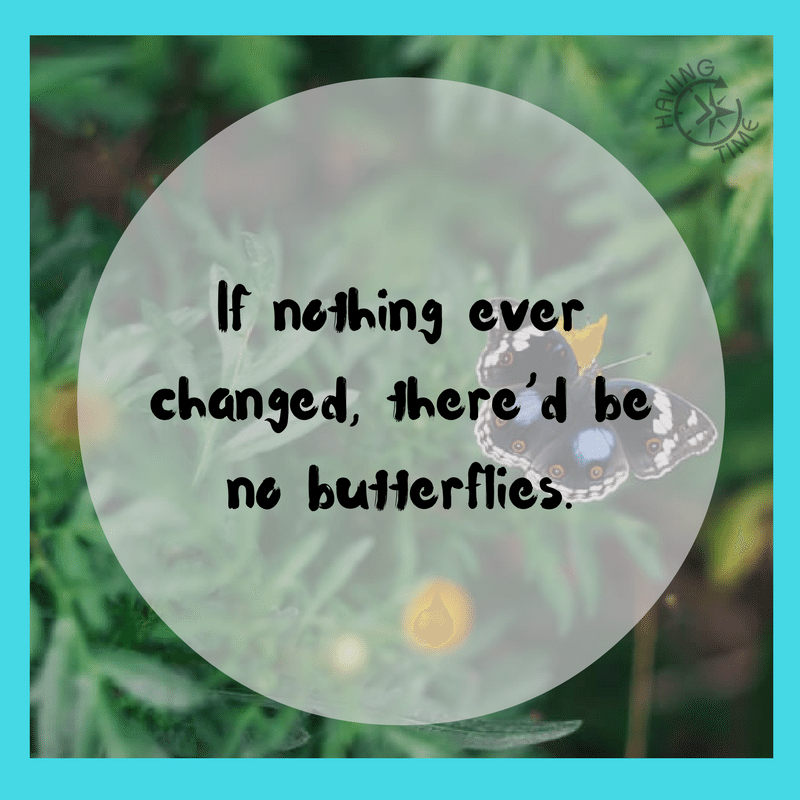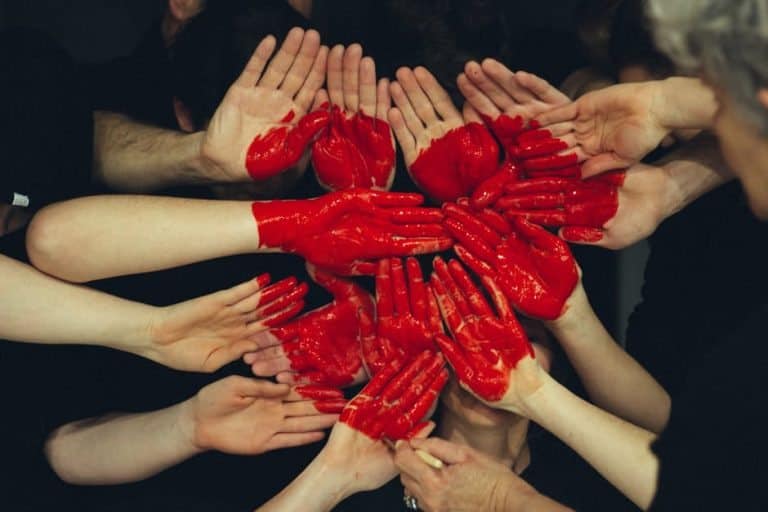
“Celebrate endings, for they precede new beginnings.” – Jonathan Lockwood Huie
Some friendships end with a bang. Others dwindle away over time. Some we pine for and some end with a sense of relief.
Over the last 12 months, a friendship of mine came to a halt. It was a decision that I made after a series of unpleasant encounters over many years. I held on to the friendship for a long time because of old memories and loyalty.
Although I felt conflicted about my choice, I also knew it was time. As it was my decision, it made it easier emotionally as I was in control. On the flip side, it can be very painful if the choice is not your own.

I sometimes help people mop up their distress after a friendship ends. Mostly it’s at the end of what I call boom and bust friendships. These are intense friendships that have an all or nothing flavor to them.
The friends appear almost to have fallen in love with each other even though the relationship is platonic. They meet, connect and then spend lots of time together. On top of that, they typically message each other regularly throughout the day and night.
The end of these friendships is often brutal. A text or a meeting in which one friend says to the other something along the lines of “You’re too needy. I can’t do this anymore”. It’s hard not to see the correlation to a typical break-up scenario of a dating relationship.
How to Heal and Recover After Ending a Friendship
1. Take a little time to grieve the end of the relationship. It’s okay to feel sad, betrayed and angry when a close friendship ends.
2. Make some boundaries relating to contacting your old friend and stick to them. Refrain from pleading, begging or aggressive remarks. Although you are currently hurting, you are likely to regret communicating in this manner down the track.
3. Remember that even though this friendship has ended, you still have value. Spend time with people who remind you of this fact.
4. Get busy doing things that you make you feel good such as exercise, socializing or other hobbies.
5. When you are ready, take a look at how you ended up in this boom and bust friendships. What need did it fill for you? In what ways the friendship problematic for you? For example, did your closeness to your friend result in neglecting to connect with other people in your life?
6. If your boom and bust friend’s feedback that you are too needy has some truth to it, do you want to work on that behavior? Sometimes we need to protect ourselves from repeating patterns that end in great hurt.
If nothing ever changed, there’d be no butterflies. – Unknown

The brutal end of friendship can create feelings of shame and fear of further rejection. Avoid letting those feelings stop you from talking to others about your experience.
Many people have experienced being on the pointy end of friendship breakdown and will be able to relate to your pain. The best way to heal is to start connecting with others. If you find it difficulty in dealing with your feelings in the longer term, consider seeing a psychologist for support.


